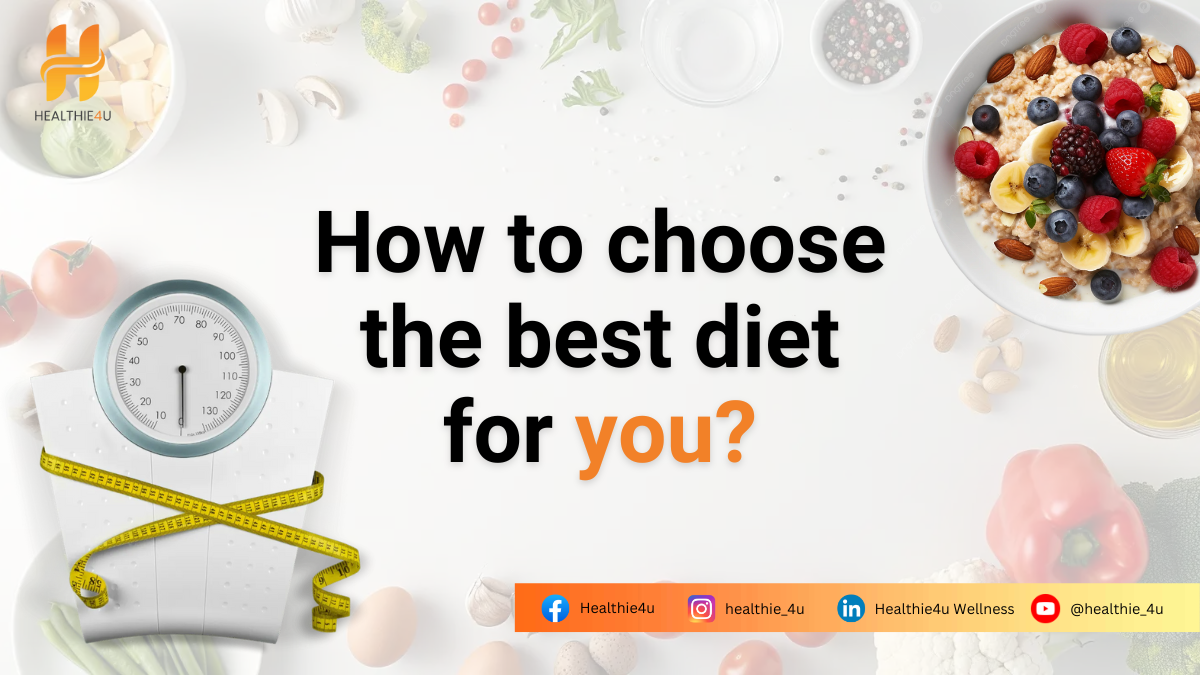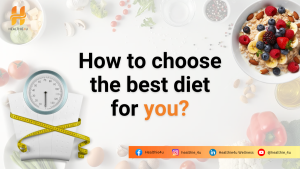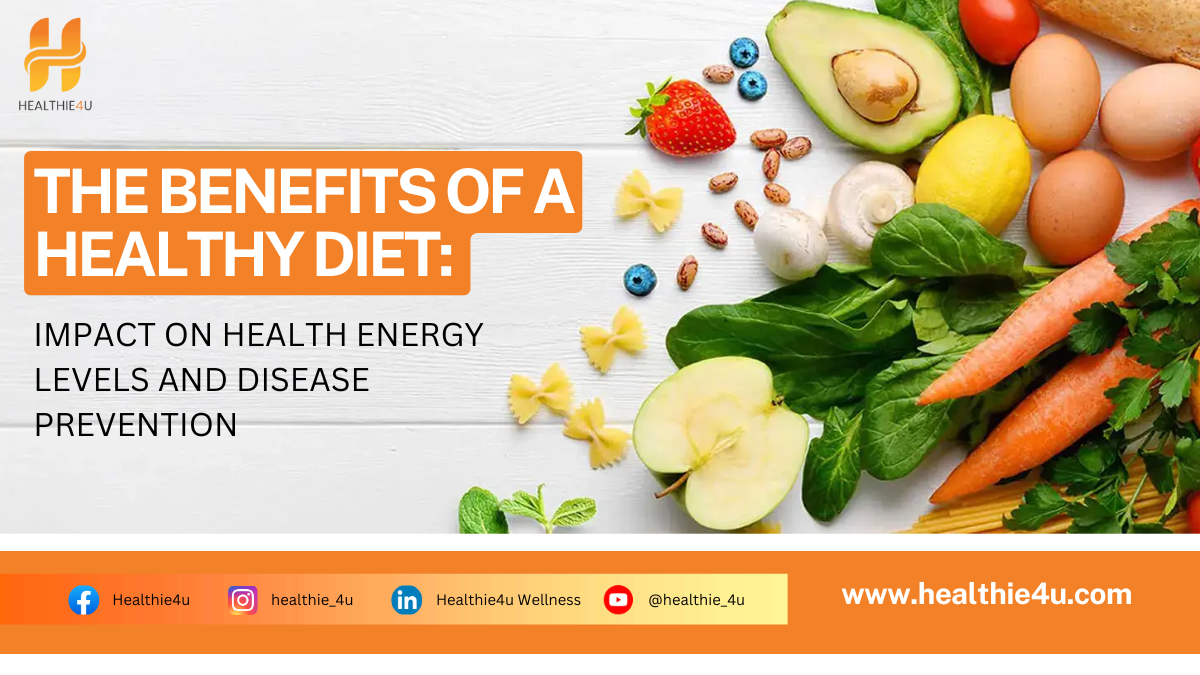
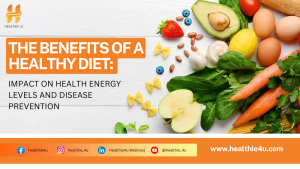
Eating a healthy diet is one of the best choices you can make for your overall health. Good nutrition not only keeps your body in shape but also improves your mood, gives you more energy, and helps prevent various illnesses. By learning about what makes up a healthy diet, you can make smarter food choices that are good for both your body and mind.
Nourish your body with a variety of Nutrient-Rich food:
A healthy diet includes a mix of different foods that give your body the nutrients it needs, like carbs, proteins, fats, vitamins, and minerals. This means eating a variety of colourful fruits and vegetables, which are full of vitamins and good for your health. Adding whole grains like brown rice, quinoa,dalia and oats to your meals helps provide lasting energy and keeps your digestion running smoothly. Lean proteins such as chicken, fish, beans, and lentils are important for building and repairing your body. Healthy fats found in foods like avocados, nuts, and olive oil are also essential for a healthy heart and brain. By eating a balanced diet with these foods, you can make sure your body gets everything it needs to work well.
The power of Nutrition:
Healthy Diet Enhances Your Overall Well-Being
The importance of a healthy diet for your overall health is huge. Eating well helps you maintain a healthy weight, which lowers your risk of issues like heart disease, diabetes, and some cancers. A balanced diet also boosts your immune system, making it easier for your body to fight off sickness. For example, vitamins C and E, found in many fruits and veggies, are important for keeping your immune system strong. Plus, some foods can help improve your mood and mental health. For instance, omega-3 fatty acids in fish can help reduce feelings of depression and anxiety, while complex carbs can help keep your blood sugar steady, which can also lift your mood.
Fuel Your Day:
How a Balanced Diet and Hydration Boost Your Energy Level:
Steady Energy, Smart Eating:
What we eat has a big impact on our energy levels. A healthy diet helps keep your energy steady throughout the day. Foods that are high in whole grains and proteins release energy slowly, while sugary snacks can give you quick bursts of energy followed by crashes.
Fuel Energy, Stay Hydrated:
Eating a variety of nutrients helps your body function well and prevents tiredness. Staying hydrated is also very important; drinking enough water keeps your energy up since even a little dehydration can make you feel sluggish.Eating fruits and veggies with a lot of water, like cucumbers and oranges, can help with hydration and also add extra nutrients.
Healthy Diet, Disease Defense:
Another important reason to eat healthy is that it can help prevent diseases. Studies show that a diet rich in fruits, vegetables, whole grains, and healthy fats can greatly lower the risk of chronic illnesses. For example, eating lots of fruits and veggies is linked to a lower risk of heart disease and stroke because they help lower blood pressure and cholesterol.
Balanced Diet Cuts Diabetes, Cancer Risk:
A balanced diet also helps control blood sugar levels, which can lower the chances of developing Type 2 diabetes. Additionally, some research suggests that certain eating patterns may reduce the risk of specific cancers. Diets high in antioxidants, commonly found in fruits and vegetables, may help protect your cells and lower cancer risk.
Effortless Healthy Eating:
Switching to a healthier diet might feel overwhelming, but there are simple steps you can take to make it easier. One good strategy is to plan your meals ahead of time. This helps you make better food choices and resist the urge to grab fast food or processed snacks. Reading nutrition labels can also help you be more aware of what you’re eating, allowing you to avoid added sugars and unhealthy fats. Practising portion control and being mindful while eating can help you enjoy your meals without overeating.
In summary, choosing to eat a healthy diet is a great way to improve your overall health. By making smart food choices, you can increase your energy, lift your mood, and greatly reduce the chances of serious illnesses. Eating a mix of nutritious foods helps your body work at its best. While changing your eating habits might feel tough at first, simple tips like planning your meals and being mindful while eating can make it easier. Focusing on good nutrition now will lead to a healthier and happier future.




 In today’s busy work environment, finding a balance between daily tasks and taking care of ourselves can be tough. Eating well and looking after our mental health are important for keeping our energy up, staying focused, and feeling satisfied with our jobs, but these things often get ignored. By using some easy strategies for healthy eating and mental wellness, we can create a more productive and enjoyable workplace. This guide provides practical tips to help you priorities your health and well-being throughout the workday, whether you want to enhance your diet, reduce stress, or increase your energy levels.
In today’s busy work environment, finding a balance between daily tasks and taking care of ourselves can be tough. Eating well and looking after our mental health are important for keeping our energy up, staying focused, and feeling satisfied with our jobs, but these things often get ignored. By using some easy strategies for healthy eating and mental wellness, we can create a more productive and enjoyable workplace. This guide provides practical tips to help you priorities your health and well-being throughout the workday, whether you want to enhance your diet, reduce stress, or increase your energy levels.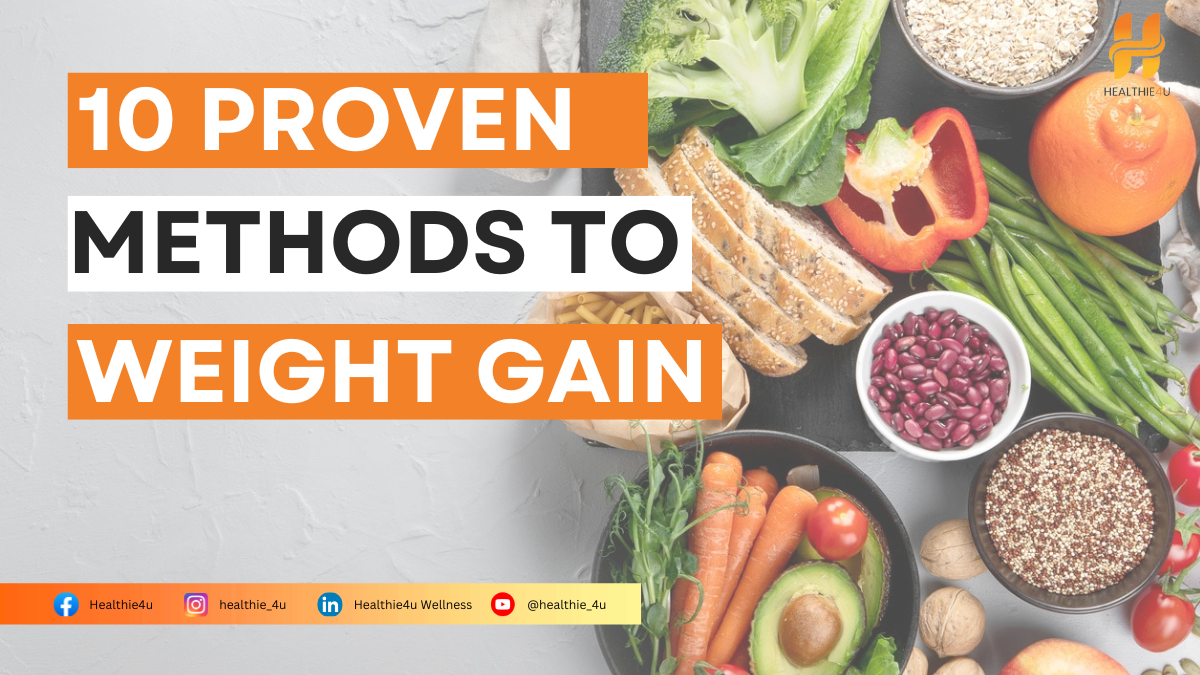


 Polycystic Ovary Syndrome (PCOS) is a prevalent endocrine disorder affecting as many as 15% to
Polycystic Ovary Syndrome (PCOS) is a prevalent endocrine disorder affecting as many as 15% to

